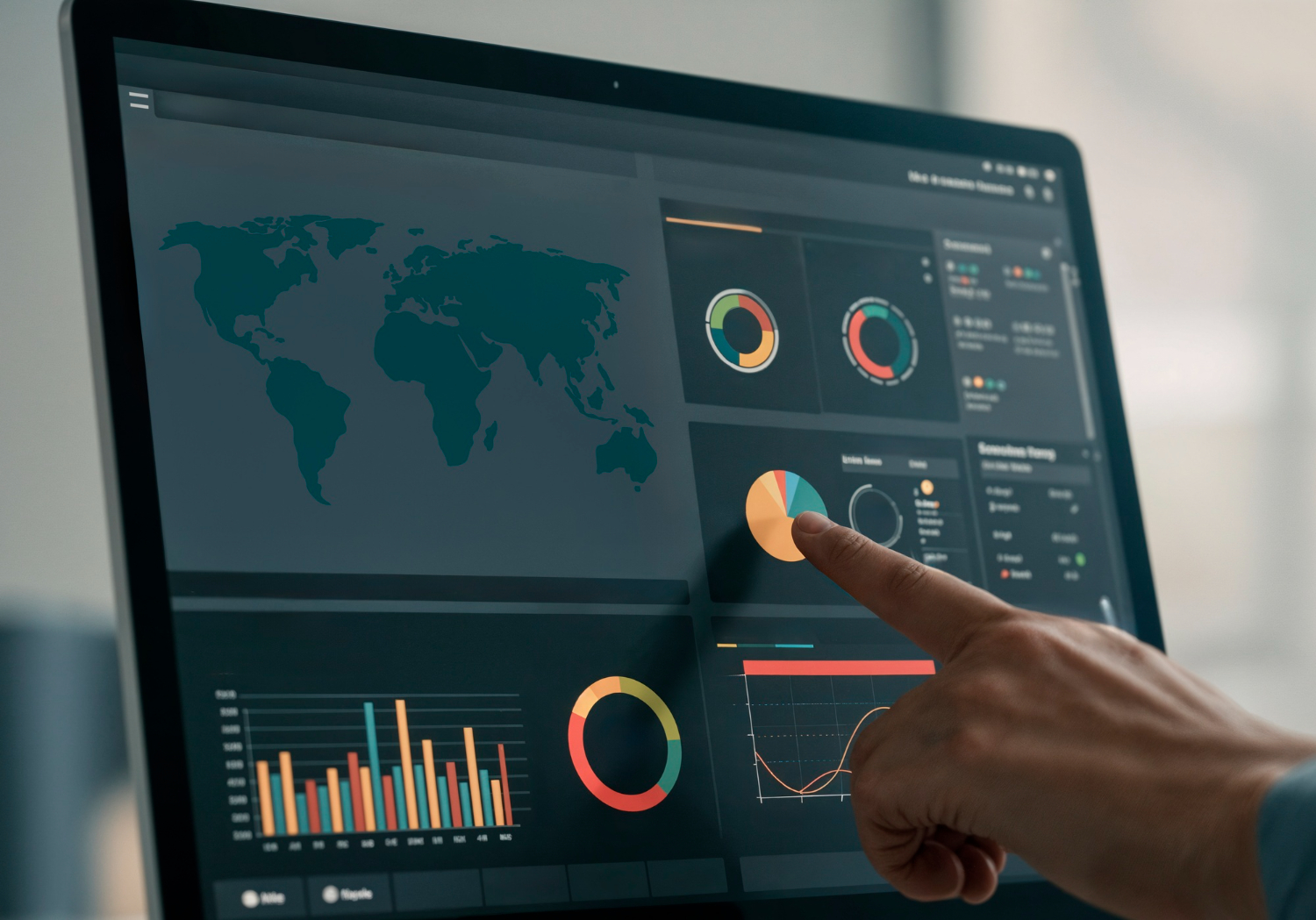Five Reasons You Need AI Solutions For Personalized Retail
August 1, 2023
4 min. reading time
How well do you know your customers?
Do you send reminders to redeem their loyalty points or wish them on their birthdays, anniversaries?
Highly personalized customer experiences, when offered to millions of individual customers by using proprietary data, are difficult for competitors to imitate. When executed well, such experiences enable businesses not only to differentiate themselves but also to gain a tremendous competitive advantage. Moreover, a research on 1,000 US adults by leading research firms found that a vast majority of respondents (80 percent) want personalization from retailers. This shows that customers are likely to be more loyal to the brand if they receive personalized offers based on their earlier shopping experience. That’s what Artificial intelligence and personalized retail relationships are all about and can go a long way to deliver the difference Retails need today.
So, why should retailers Personalize?
Successful personalization programs yield more engaged customers and drive up the top line. In general, a positive customer experience is hugely meaningful to a retailer’s success: it yields 20 percent higher customer-satisfaction rates, a 10 to 15 percent boost in sales-conversion rates, and an increase in employee engagement of 20 to 30 percent (according to a McKinsey report). Customer-experience leaders in the retail space (retailers with consistently high customer-satisfaction scores) have provided their shareholders with returns that are three times higher than the returns generated by retailers with low customer-satisfaction scores.
Armed with customer data, many of the omnichannel retailers can discover hidden insights into their customer’s behavior through AI and ML that will help them enable personalization at scale. Analyzing this data in real-time can help retailers bridge the gap between their customer’s expectations and reality. Based on the engagement patterns, retailers implement this strategy seamlessly into their current operations with minimum disruption to their existing infrastructure.
Using the raw power needed by AI-based personalization tools, they can use those insights to automate cross-channel content distribution to individual users based on their behaviors, preferences, and interests.
Do you believe the following tactical challenges are a hindrance to enable personalization?
- Data Ingestion & Management – A majority of retailers agree that this is their greatest personalization challenge – ranging from gathering, integration to synthesis of customer data.
- Data Analytics – Acquiring and maintaining in-house expertise
- Business and Functions Alignment – Siloed and disjoint people-driven processes are one of the biggest bottlenecks that brands have been struggling with ever since
- Tools and Technology Enablement – Retailers admit either they do not have the right tool(s) or are unaware of the right toolsets to use or identifying the right solution partner – one who understands the customer context – is net to impossible
That said, how are you going to bring personalization into your marketing strategies?
This is where Kloud9 can be your right partner. The first step is building your customer profiles by evaluating and analyzing your data, how it is being collected from various channels. That’s where a data-driven strategy will really extract meaningful insights and tailor the experience accordingly.
For one of America’s largest departmental stores chain, personalization means that customers are heard, recognized, engaged, and provided with a seamless journey. Understanding its customers, the retailer began targeting these personas with personalized communications and offers that are more likely to generate positive results. For this to happen, the customer experience should be the right message, in the right channel, at the right time. Personalization allowed them to do this better, creating a record five straight quarters of positive comps, and that customer engagement levels are at all-time highs according to the retailer’s Chief Marketing Officer.
All this is going to push your AI budget spending, but it’s worth the additional expenditure. According to Fortune Business Insights, the global artificial intelligence (AI) market size was valued at USD 27.73 billion in 2019 and is projected to reach USD 266.92 billion by 2027, exhibiting a CAGR of 33.2% during the forecast period.
Here are 5 reasons worth the effort to personalize:

Elevate the customer experience
Convenience is the crux of the whole customer experience. Consumers want customized shopping experiences that give them the same satisfaction they receive when shopping online or in a physical store.

Promote impulse shopping
Being lured by personalized promotional content that leads to impulse buying is a great boost for sales.

Customers expect it
Keeping track of customer’s expectations & behavior and providing personalized offerings is expected by them considering the amount of information that’s collected from the various channels. When you target them with offers, they are more likely to be repeat customers because they enjoyed their shopping experiences.

Builds loyalty
Brand reputation and customer loyalty together build your sales and ROI. Personalized retail not only attracts new customers but also keeps them coming back for more. By consistently reworking on the offers based on the collected data, you can build this loyalty.

Value-add to marketing strategies
Customers expect the marketing efforts to meet their wants and address those demands without their explicit mention. Through personalized retail, you can help them in their shopping experience by providing information & creating targeted promotions that focus on individual shoppers’ needs.
Final Thoughts
Personalized retail is the trend that’s increasingly becoming omnipresent within the retail landscape. The key to successful retail businesses is using data to create a meaningful customer relationship. Choosing and investing in the right technology matters and allows an increased personalization to drive the long-term success for your business.



